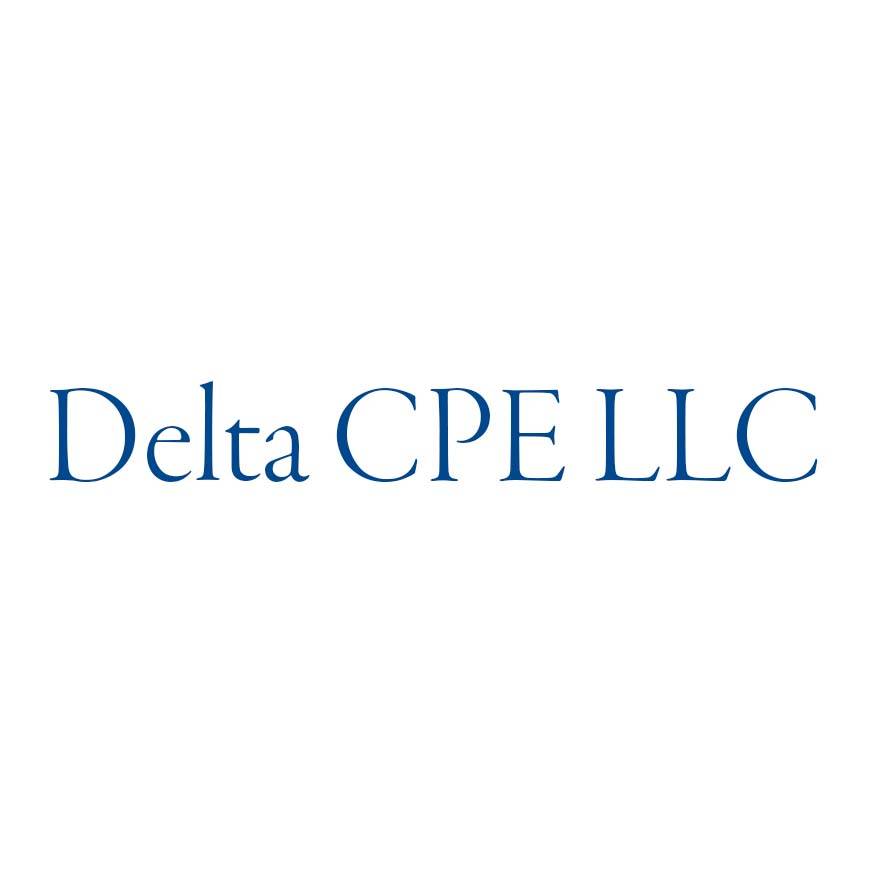Self-Study
Management Handbook
Your management handbook for developing advanced skills for integrating modern business functions, focusing on strategy, leadership, and quality control for your practice.

$232.00 – $262.00
Webcasts are available for viewing Monday – Saturday, 8am – 8pm ET.
Without FlexCast, you must start with enough time to finish. (1 Hr/Credit)
Please fill out the form below and we will reach out as soon as possible.
CPE Credits
8 Credits: Business Management & Organization
Course Level
Overview
Format
Self-Study
Course Description
In the ever-evolving landscape of modern business, the role of management has become increasingly complex, necessitating a blend of art and science to achieve organizational goals effectively. Management Handbook delves into the essential aspects of management, focusing on how to coordinate and integrate work activities efficiently and effectively. This business management and organization CPE addresses the need for managers in the 21st century to be well-equipped with various tools and concepts to remain globally competitive. Covering a wide array of topics such as managerial functions, strategies, decision-making, leadership, motivation, and control, the course provides an in-depth understanding of the core elements of management. Additionally, this business management and organization CPE explores advanced concepts like Total Quality Management (TQM), the role of technology in management, and the nuances of international business. This course is designed to offer practical insights and problem-solving techniques central to effective management, preparing participants to navigate the challenges of modern organizational environments successfully.
Learning Objectives
Upon successful completion of this course, participants will be able to:
Chapter 1
- Recognize different systems used by management.
- Identify traits required by management in the 21st century vs. earlier periods.
- Differentiate among the five major managerial functions.
- Recognize the difference between group and individual decision-making process.
Chapter 2
- Identify the characteristics of effective objectives.
- Recognize management by objectives (MBO).
- Recognize characteristics of formal vs. informal planning.
- Differentiate among the types of analysis used for managerial decisions.
- Differentiate between strategic planning versus tactical planning and the different levels of the organization involved.
- Recognize the key steps in planning.
Chapter 3
- Identify and differentiate horizontal and vertical organizations.
- Recognize approaches to departmentation and the benefits associated with departmentation.
- Differentiate between the use of power and authority to accomplish objectives.
- Recognize why managers are reluctant to delegate.
- Identify benefits of decentralized authority.
- Distinguish between line and staff authority.
Chapter 4
- Differentiate between line and staff organization.
- Recognize the concept of a matrix organization.
- Identify factors common to all informal work groups.
- Identify some organization change and dynamics, and how the change and impact on employees can be influenced by management
- Recognize the components of a good job description and the responsibility of human resource.
Chapter 5
- Recognize Maslow’s need hierarchy and Herzberg’s two-factor theory, and things that a manager can do to affect motivation.
- Identify the elements of good direction.
- Recognize different management theories and leadership skills.
Chapter 6
- Differentiate among different types of communication.
- Recognize various methods of employee performance appraisal.
Chapter 7
- Recognize the concepts associated with control.
- Identify different characteristics of quality control.
- Recognize different tools used for control.
Chapter 8
- Identify methods for implementing a Total Quality Management (TQM) program.
- Recognize the importance of politics and cultures in international management.
- Differentiate between different methods used to help analyze management decisions.
Course Specifics
6211311
February 12, 2025
There are no prerequisites.
None
165
Compliance Information
CFP Notice: Not all courses that qualify for CFP® credit are registered by Western CPE. If a course does not have a CFP registration number in the compliance section, the continuing education will need to be individually reported with the CFP Board. For more information on the reporting process, required documentation, processing fee, etc., contact the CFP Board. CFP Professionals must take each course in it’s entirety, the CFP Board DOES NOT accept partial credits for courses.
Meet The Experts

For many years, Delta CPE LLC has offered a wide variety of continuing education courses for financial professionals. Topics covered by Delta’s courses include accounting, financial management, budgeting, investments, financial statement reporting, business management, IFRS, ethics, valuations, real estate, and business writing. The diversity and breadth of Delta’s course offerings make the company a prolific and unique contributor to the CPE world. Delta’s well-credentialed authors and contributors have also been published in numerous academic and professional journals and quoted by some of the leading financial media outlets.
Related Courses
-
 Business Management & Organization
Business Management & Organization
Developing and Managing Teams
Steven M. Bragg, CPA QAS Self-Study
Credits: 4 $116.00
QAS Self-Study
Credits: 4 $116.00$116.00 – $136.00
-
 Business Management & Organization
Business Management & Organization
Effective Negotiation
Steven M. Bragg, CPA QAS Self-Study
Credits: 5 $145.00
QAS Self-Study
Credits: 5 $145.00$145.00 – $175.00
-
 Business Management & Organization
Business Management & Organization
Understanding and Managing Organizational Behavior
Delta CPE LLC QAS Self-Study
Credits: 14 $364.00
QAS Self-Study
Credits: 14 $364.00$364.00 – $404.00
